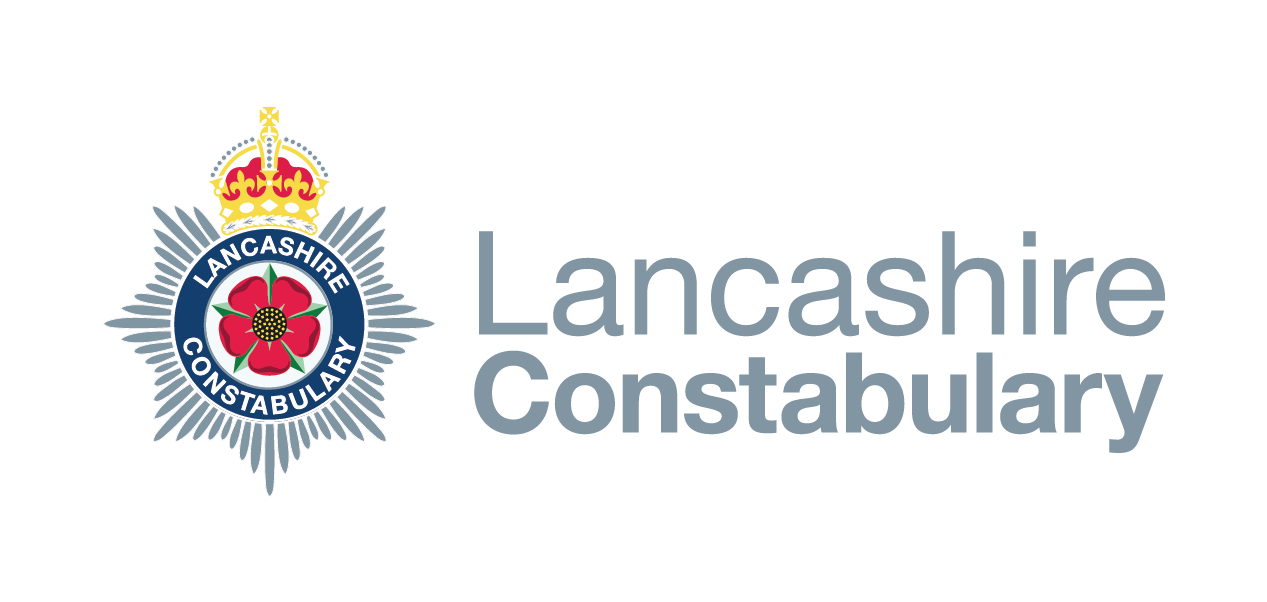I have ordered goods online and they haven't arrived
If you have ordered goods from a website that haven't arrived then in the first instance you should contact the seller directly to enquire into the reasons why.
Most reputable websites have helplines or online forms that you can contact them on that are displayed in the About Us or Contact Us part of their websites. Most websites will quote you a shipping estimate when you complete your transaction and will often advise you to wait until that estimate has expired before raising a dispute with them.
If the goods have arrived but aren't what you ordered then you can report this to action fraud as below, but please bear in mind that sometimes mistakes are made and reputable websites / companies will often rectify these mistakes once they are brought to their attention, quickly and simply.
If you have ordered from an auction site or a site that allows third party sales such as Amazon, as well as contacting the seller directly you should also raise it with the owners of the site you purchased the goods from. As an example eBay allows you to raise a dispute with them and they will also contact the seller on your behalf.
Some auction sites or third party selling sites have fraud protection in place that will reimburse you the cost of the item in certain circumstances. You may also be covered for the cost of your item if you have paid with a credit card or using an online payment service such as Paypal. As each circumstance is different you will need to contact them directly to see if you are eligible under their terms and conditions.
What should you do now?
- If the seller has misrepresented the goods you've bought, report the fraud to Action Fraud.
- Keep all evidence of the offence, including goods and correspondence.
- If there is a business dispute over the nature of the transaction, contact the website involved.
Protect yourself against shopping and auction fraud
- Make sure you understand how the website’s feedback function works. Feedback will give you useful information about recent transactions other buyers have made.
- Check the item's description carefully – ask the seller questions if you’re not sure of something.
- Beware of people offering you a deal below the current bid or reserve price, especially if they contact you direct. Remember, if an offer sounds too good to be true, then it probably is.
- Be extremely careful when buying things from people with little or no selling history.
- Be aware of phishing emails that look like they come from the online auction or payment site you’re registered with, asking you to update your account details or re-enter them because your account has been suspended.
- Check the URL in the web browser. A tactic often used by fraudsters is to change the address very slightly (if they’re spoofing an eBay site, for instance, they may have an address such as ‘. . . @ebayz.com’ whereas the real site is ‘. . . @ebay.com’)
- Read the terms and conditions carefully, including those relating to any dispute resolution procedures the site offers.
- If you bid for an item unsuccessfully, don’t be tempted to trade off-site if another seller approaches you with a similar item.
As a buyer you should:
- Try to avoid paying by money transfers - they aren’t secure.
- Be careful when using direct banking transactions to pay for goods. Make sure transactions are secure.
- Don’t send confidential personal or financial information by email.
- Use an online payment option such as PayPal, which helps to protect you.
As a seller you should:
- Be wary of accepting payment by cheque. Even though it may clear, you are still liable if the cheque is forged or stolen.
- Don’t accept a cheque for a higher amount and refund the difference. This is a common fraud that only comes to light when the buyers’ cheque turns out to be stolen or forged.

